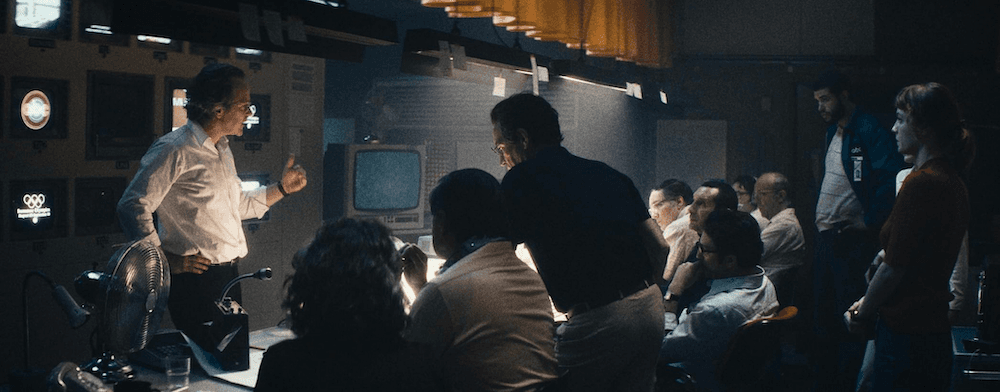R | 1h 31m | Thriller | Dec. 13, 2024
“September 5” recreates the 1972 Munich Olympics, where Israeli athletes were taken hostage inside the Olympic Village by a group called Black September, consisting of Palestinian terrorists from refugee camps in Lebanon, Syria, and Jordan. The movie chronicles how the ABC Sports crew broadcasted the unfolding situation.






